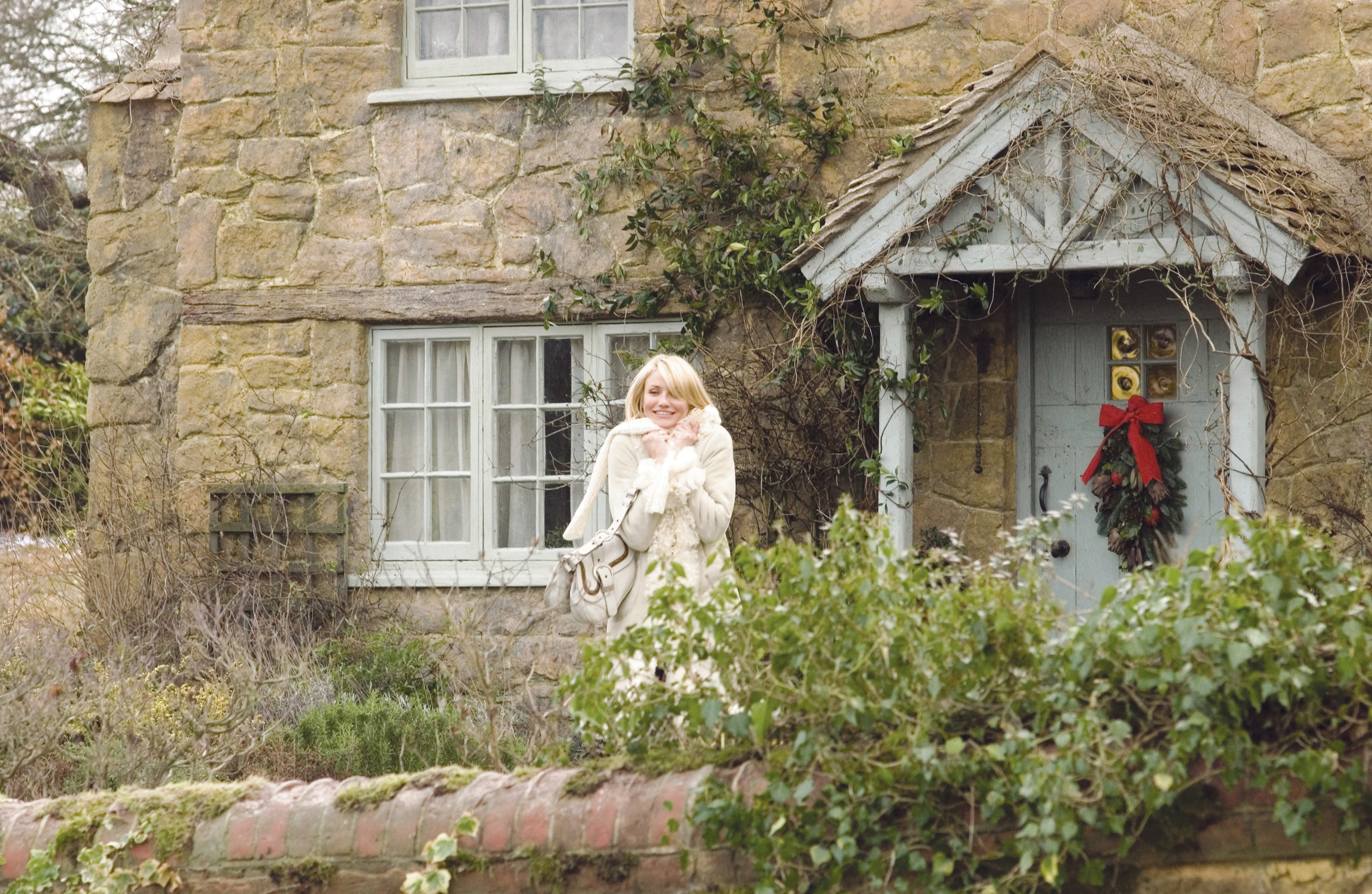If you have a property or location you would like to make available for filming, please complete our online registration form.
Your listing will require a selection of photos of the property or location, so we recommend having these ready when completing the form.
To view or amend an existing registered location, you can access your account via the log-in page.

When you register your property on our locations database, your property will be included in production searches, looking for their next filming location. If a production company is interested in your property, they will ask their location manager or a member of their production team to visit (recce) your property, where they will take comprehensive photographs to show the director. It is important to keep in mind that most initial requests for locations are simply preliminary enquiries and will not directly result in filming taking place.
If the production company decide they would like to hire your property for filming, then you must ensure that you are happy with their requirements, in terms of alterations, use of furniture and use of power within your property. Ensure that the production company has Public Liability Insurance to a minimum value of £5 or £10mil, dependant on the location.
A production company will normally pay a fee to use your property. This will vary according to the nature of the production, and is negotiable. You can also negotiate the contract with the filmmakers, to ensure that your property and your rights as owners are fully protected. Your negotiations will form the basis of a location agreement with the production company. Some companies will insist on using a standard filming agreement for filming at your property, so make sure that you read the terms and conditions and do request an amendment to anything that you are not happy with.
If you would like any advice, please don’t hesitate to contact us.
Please note: Surrey Film Office does not provide direct advice regarding fees and contracts, and does not negotiate on behalf of filmmakers, property owners or land agents.